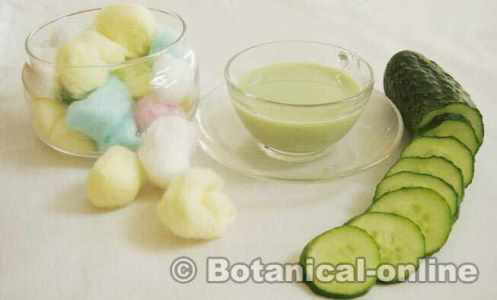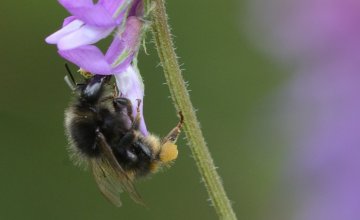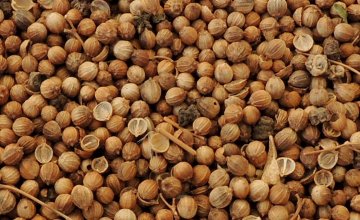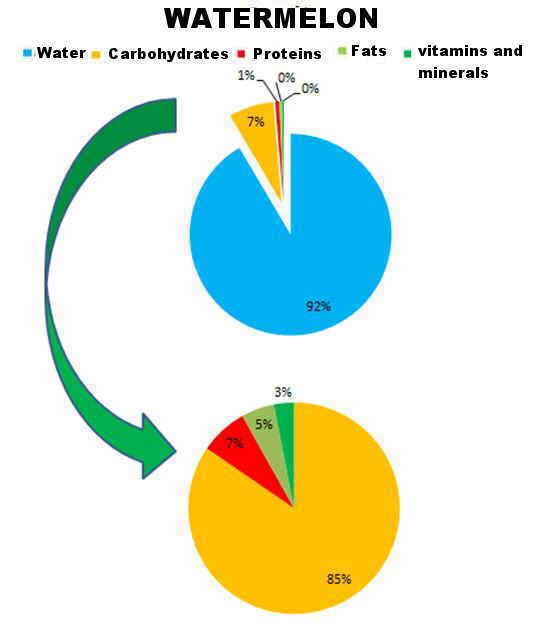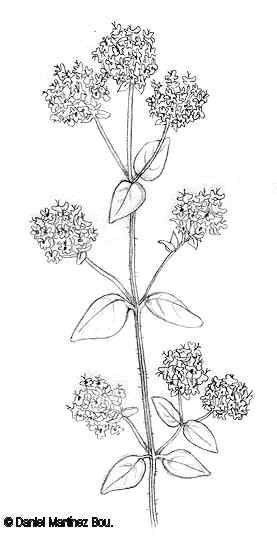Medicinal properties of Chenopodium ambrosioides
Medicinal properties and traditional uses of Mexican tea
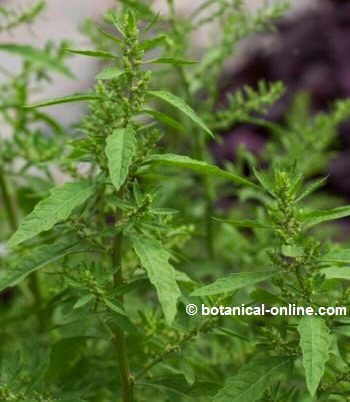
Mexican tea or epazote (Chenopodium ambrosioides) is a medicinal plant native to Central America, widely used by the native population. Ethnobotanical treatises on New World herbs describe the uses that the native population had for this plant, mainly against parasites and intestinal worms that affect both humans and domestic animals.
History of epazote as a medicinal plant
At the beginning of the 20th century, epazote was a fairly widespread remedy against intestinal parasites, which has been replaced by other less toxic herbs.
Epazote has anthelmintic, vermifuge, antimalarial, anti-inflammatory, analgesic, purgative and abortifacient properties. Because of its intense flavor, it is used in some regions as an aromatic herb in the kitchen, although in small quantities.
The seeds and leaves of epazote are the medicinal part used. The seeds are very rich in essential oil and are used against parasitosis, while the leaves of the plant are edible and have digestive properties.
Due to its effect, it is advisable to use epazote seeds for medicinal purposes only under medical prescription. (Consult the toxicity of the plant in the list below).
REMEDIES FOR INTERNAL USE
Epazote for intestinal parasites
Probably, the most widespread medicinal use of this herb is its paralyzing and narcotic action on intestinal parasites (roundworms, pinworms, whipworms and hookworms). The treatment is accompanied by an osmotic laxative and sometimes by other plants such as mint. Epazote is ineffective against tapeworm.
Epazote is also used to treat ailments caused by intestinal parasites, such as dysentery and stomach pain. (Chop 8 fresh leaves and infuse in a cup of boiling water, let it rest for a few minutes and drink until the discomfort disappears) (Another remedy is to take 1 tablespoon of fresh leaves, crushed and made a paste with a little water).
Epazote against intestinal worms
Mexican tea or epazote was used by Native Americans against intestinal worms. Studies have shown that the plant extract, rich in a component called ascaridol, is effective against hookworms (Ancylostoma duodenalis), blood worms (Strongylus spp.), whipworms (Trichuris trichiura) and ascariasis (Ascaris lumbricoides), which are intestinal parasitic diseases. (Infusion of 10 g of crushed dry seeds in a glass of water. One glass a day for elderly people and half a glass for children under medical supervision. Its use is not recommended due to its toxicity. If the dose is exceeded it is very toxic).
In the studies carried out, epazote oil (oil of Chenopodium) is used, although given the toxicity of the extract, its use in humans is not recommended, but is limited to veterinary use. Studies conclude that there are currently more effective and less toxic medications than epazote oil.
Other medicinal uses of epazote
- Malaria: Ascaridol has anti-malaria properties, although due to its toxicity, other remedies are used.
- Stomach pain: Ascaridol, a component present in epazote, has analgesic properties, which help relieve stomach pain (Infusion of 1 teaspoon of leaves per cup of water).
- Gases: Gases: Epazote helps expel gases from the digestive system, due to the carminative and antiflatulent properties provided by ascaridol (present in the essential oil of the plant, leaves and seeds). Because of these properties, flatulent foods are usually seasoned with some epazote leaves, such as legumes. Using epazote is a remedy against flatulence and a swollen belly. (Add some epazote leaves to recipes).
- Emmenagogue: Epazote is an emmenagogue and facilitates menstrual discharge. It is suitable in cases of amenorrhea (lack of menstruation) or irregular menstruations. Due to its analgesic properties, it is used against menstrual pain. (Consume epazote leaves in your diet). (Infusion of 1 teaspoon of leaves per cup of water). It should not be taken by pregnant women or women with endometriosis.
- Cancer: In a study, it was shown that the active principle of the epazote herb, ascaridol (extracted from the essential oil of the seeds), has antineoplastic activity, which opens a line of research into the use of this component in drugs for the treatment against cancer.
EXTERNAL USE
- Fungi on the skin: Ointments made with epazote essential oil have demonstrated antifungal properties against some dermatophytes. Epazote oil is applied externally for athlete’s foot.
- Hemorrhoids: Written records report that epazote washes have been used as a remedy against hemorrhoids, applied externally in sitz baths.
Other uses of epazote
- Veterinary: Used as a remedy against parasites in domestic animals. Its active ingredient has shown activity against Leishmaniasis.
- Natural insecticide: Epazote can be used to spray infested plants. The efficacy of epazote has been demonstrated to eliminate whitefly eggs and nymphs, as well as against beetles such as Epilachna varivestis and against fall armyworm (Spodoptera frugiperda). (Macerate 30 grams of epazote in 1 liter of water for 24 hours and spray the infested plant).
- The powdered seeds are a remedy against the maize weevil (Sitophilus zeamais).
Toxicity of epazote or paico
In very high doses it can affect kidney, heart and nervous system function. It is not recommended for people with kidney diseases, pregnant women or children.
Epazote essential oil is too concentrated to be used in home remedies. There have been cases of fatal poisoning with Chenopodium graveolens, a plant containing the same active ingredient.
![]() More information on epazote or Mexican tea
More information on epazote or Mexican tea

